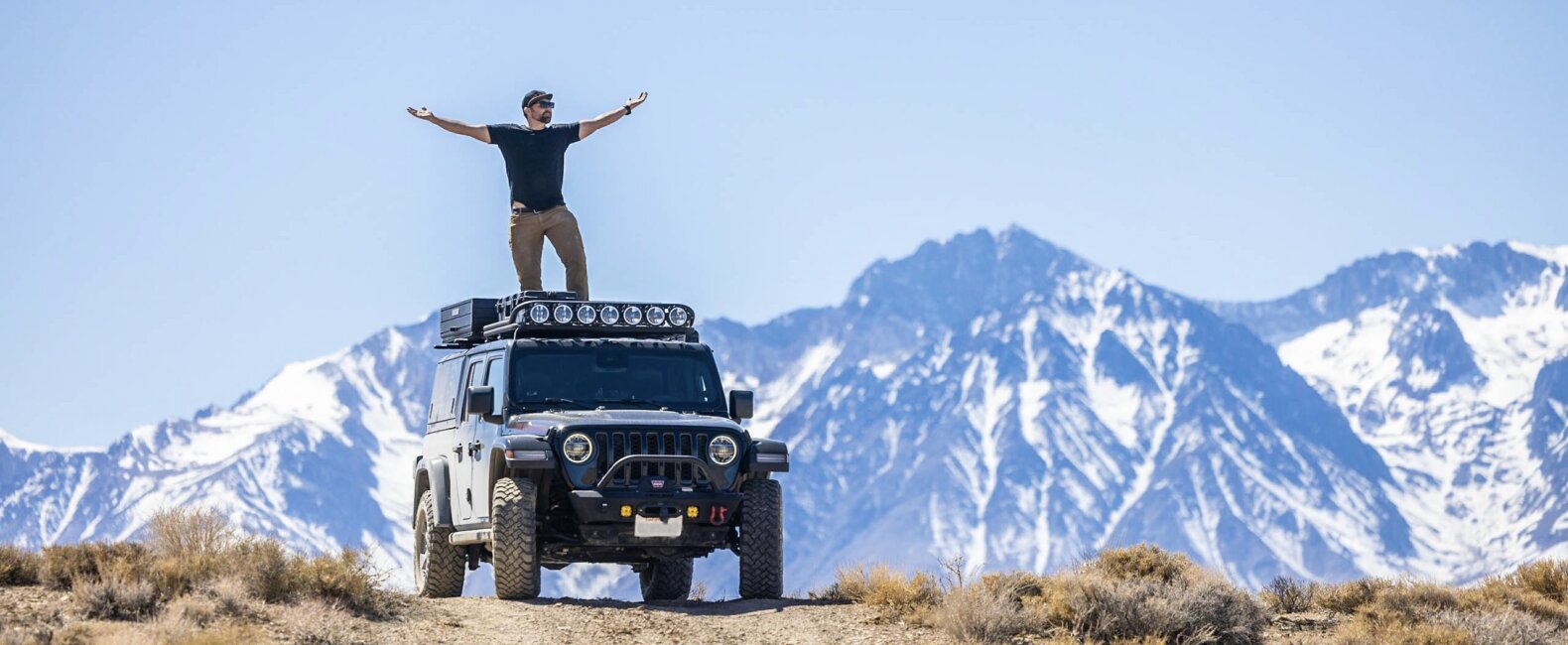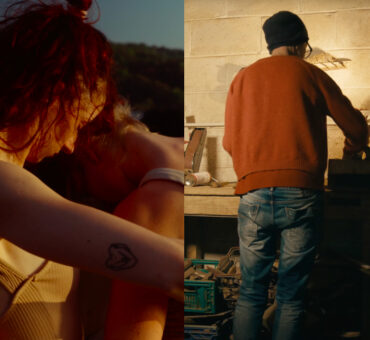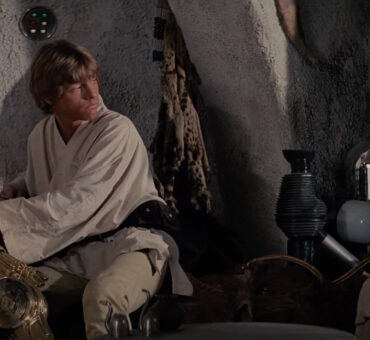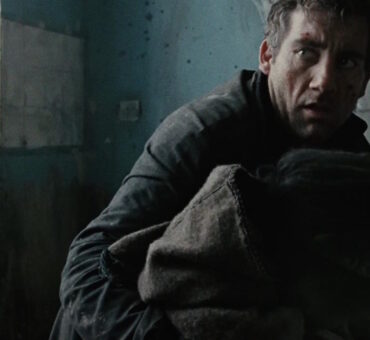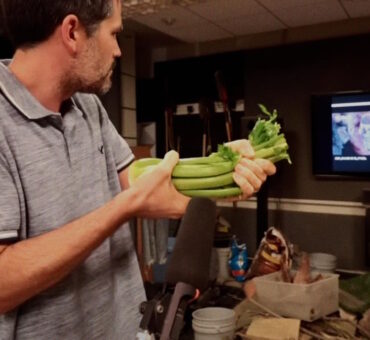When he’s not chronicling his adventures around the world, LA-based filmmaker Jeven Dovey dedicates his time to helping other creators grow their channels and make better videos via Creator Film School.
Read his interview below to hear what sparked his passion for storytelling, the importance of music in his work, and how he utilizes Musicbed to find the right songs for his videos.
MUSICBED: What sparked your passion for filmmaking/storytelling?
Jeven Dovey: I started filmmaking in elementary school using my parents’ Hi8 camcorder. I always thought I would go into narrative filmmaking and went to film school in Los Angeles. However, after graduating, I realized that I enjoyed the process of making documentary-style content.
Through the random-chance meetings, I connected with different producers who brought me on documentary and reality TV projects.
While freelancing, I started a production company and niched down to the fitness space. I was bored of always shooting fitness, so I started a YouTube channel inspired by Casey Neistat.
I did daily blogging for the first couple of years but eventually pivoted my channel to where it is today.
What keeps you motivated and creatively inspired?
Filmmaking is like a giant puzzle; seeing all the pieces come together gives you a real sense of accomplishment, especially when you can share your project.
Whenever I’m not feeling motivated or inspired, I look back to where I originally started in the film industry. Looking at where you don’t want to go often helps motivate you to go in the direction you want to go.
I’ve worked on many really frustrating projects. Often, I would sit behind the camera, dreaming of going on an adventure and filming it.
I don’t want to return to filming school board meetings for public access TV or being the coffee runner for the cast and crew.
That motivates me to continue striving forward and pursuing my dreams of adventure filmmaking.
RELATED READS: Sam Kolder’s Journey From Creative Burnout to Breakthrough
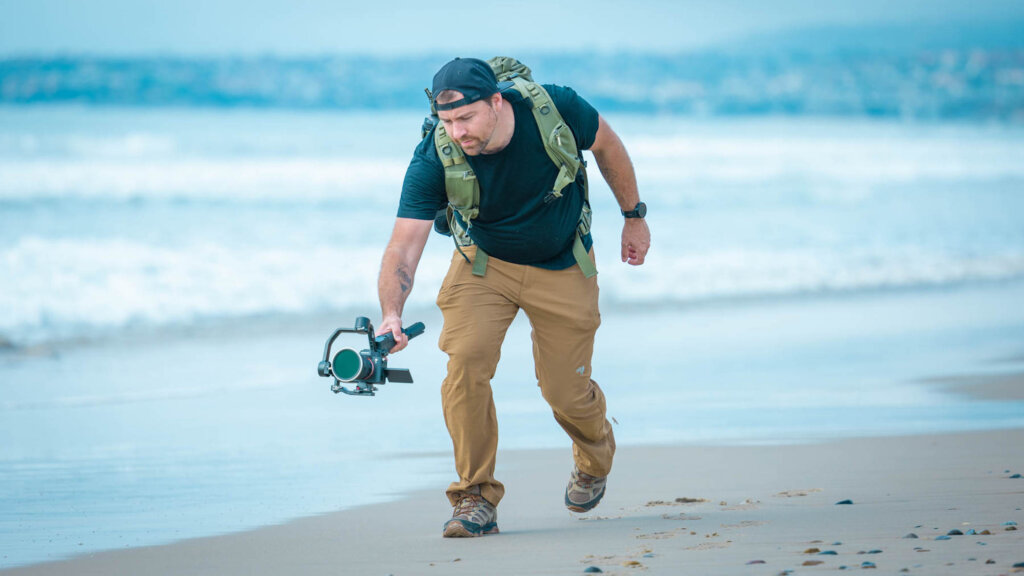
What makes a story visually appealing? What role does music play in storytelling?
Story is visually appealing when you find images representing a feeling or emotion.
As filmmakers, our job is to find a way to use visuals to tell a story, move the camera, and use lighting, which brings a story to the screen.
Music plays a big role. It helps set the emotion and connects the viewer with the filmmaker’s intent in the video. The music for a scene will draw the viewer in and keep them ’til the very end.
What elements are essential for crafting a compelling story?
There are a few key things:
First, there has to be a reason for the story. You have to create a goal or follow a character on a mission and give the viewer a journey to be a passenger.
Second, you need visuals that allow the viewer to explore the world and not just be told what’s happening.
And third, you need the right music to set the tone and draw your viewers in.
RELATED READS: The Storytelling Journey of Filmmaker and Photographer John Stambaugh
How important is music in your work?
Music is the undertone that often connects with a viewer on a deeper and more emotional level without them even realizing it. Finding the right music can help propel a story and put people in the right mood to get more out of your video, even if it’s just a tutorial.
Music becomes a cornerstone of your brand, and you find a certain style and vibe that fits the content you want to produce.
It also helps viewers remember who you are, so when they hear music, something brings them back to your videos.
Each video and story has different needs, and finding the proper balance of music and visuals is one of the key things to get a story to reach a broader audience.
Even when I’m out shooting, I like to put on a playlist of music that inspires me and fits the project I’m working on. I’ll play it when I’m feeling uninspired or trying to figure out how to tie the story together using the music.
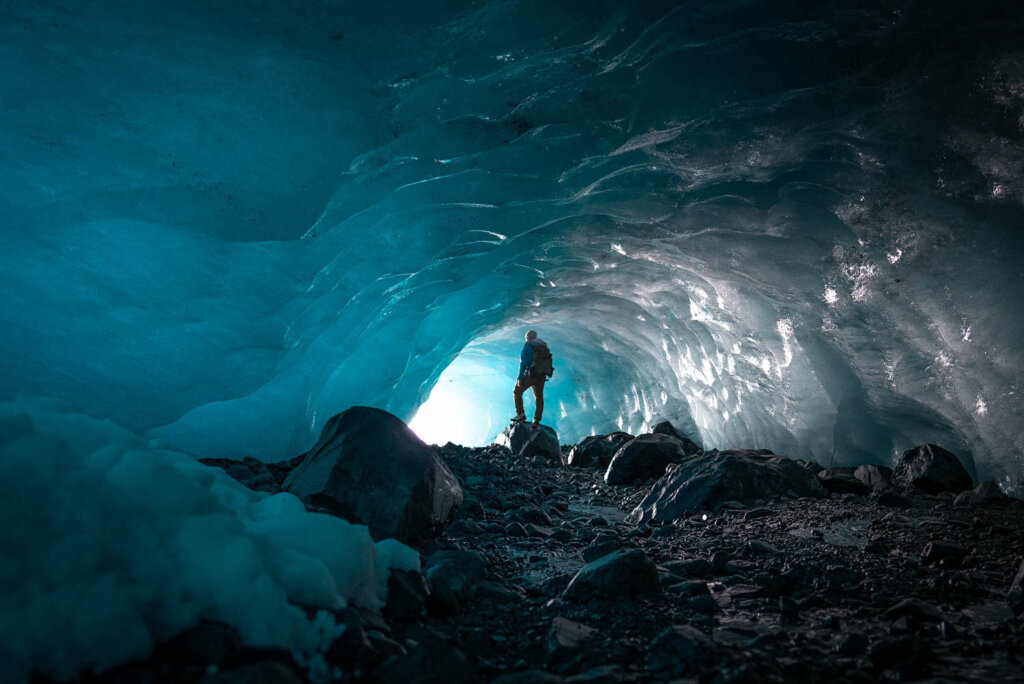
What advice would you give other filmmakers/creators just starting their careers?
Continue practicing. One of the biggest things that got me started was taking on a ton of free work to learn what I needed to bring on paying clients.
Even to this day, I am constantly practicing my craft and trying new things. Filmmaking is an art, so there will always be new things to try and learn as a creator.
How do you balance pushing creative boundaries and delivering what your client wants or audience wants to see?
When working with clients, there will be wiggle room to add your creative input.
Some projects will allow for that wiggle room more than others, so take advantage of those moments to explore new ways to shoot or new ideas.
With an audience on a platform like YouTube, you can have much more creative freedom, and that’s one of the biggest benefits of building your own audience.
There will be a level of expectation that comes from your previous library of content, but that doesn’t dictate everything that you need to make moving forward.
As you develop an audience, they’ll come with you on your journey. And if you want to try something creative, your audience will likely watch it.
It doesn’t matter what kind of project you’re working on—there are always ways to add your creative input. Keep testing, trying, and pushing the boundaries of what you want to see in the final edit.
RELATED READS: Eric Floberg’s Compelling Narratives and Visual Stories
What is the most challenging aspect of being a filmmaker/creator?
On the filmmaking side, the biggest frustration is working on someone else’s project and not following your vision.
When you’re working with a client, there’s lots of back-and-forth and more that you must manage, especially with the client relationship. So there will be many times when you want to go in one direction, while the client wants to go in another.
On the creator side, one of the most challenging aspects is staying motivated and moving forward.
You make your schedule, so there are many ways to waste your time doing things that you probably shouldn’t be. And you have to be your own boss and keep yourself on schedule.
You must develop a goal so that you have a direction for your content and your plan over the next six months or a year.
What’s your favorite project to date?
Recently, I got involved with a nonprofit called SOWN, which pairs filmmakers with other nonprofits that need a film to help spread the word about their organization.
Over the last couple of years, I’ve worked on multiple films that have taken me around the world, and these have been some of the most rewarding projects to work on. We have complete freedom to craft a short documentary for these nonprofits and be as creative as we want throughout the process.
The upside is that we’re not just making a documentary for views: we’re making a documentary for a good cause.
These films ultimately generate donations for these nonprofits. So I can use my passion for filmmaking and have the creative freedom to work on a unique project that will significantly impact the world. It’s a win-win-win.
How do you search for music on Musicbed? What are some tips you’d give filmmakers when searching for music?
I do a couple of things when I’m looking for music.
First, I’ll review all the new releases and see if anything catches my eye. Usually, after browsing for a bit, I’ll find a few songs that taste what I’m looking for.
From there, I’ll use similar songs and start looking at other songs related to the original ones I found.
I keep going through this process and over time. I’ll build a series of songs that I can return to as reference points for the types of music I like.
The second way I find music is by searching through mood. So before I even open Musicbed, I think through the different emotions I want to evoke from a scene.
I try to nail down the mood from here, and I’ll just go into the Musicbed feature and find the one that fits what I’m going for.
Then, I’ll go through my process of exploring some different tracks and finding similar tracks based on the ones that I like.
Now, with the new Search by Song feature, I’ll take the same songs and put them through there. The AI-powered search function can help me find more music that’s in the mood of what I’m looking for.
Why do you utilize Musicbed in your work?
There are a few reasons why I like using Musicbed.
First, I know I can find a good piece of music that will fit the emotion of what I’m working on. There’s a wide range of artists and sounds, and I can easily navigate through the library and listen to different tracks until I hear something that fits what I’m looking for.
Another feature I like using from Musicbed is the app, which allows me to explore music while filming and carry a playlist with me wherever I’m going of music that I know I can use in my projects.
Musicbed is continually updating the site, and new features are constantly popping up. I think it’s a great way to have a vast library of music to use for projects and find music that can connect with your audience on an emotional level.
—
Explore a curated playlist of Jeven’s favorite music to use in his videos—all available to license only on Musicbed.















































































